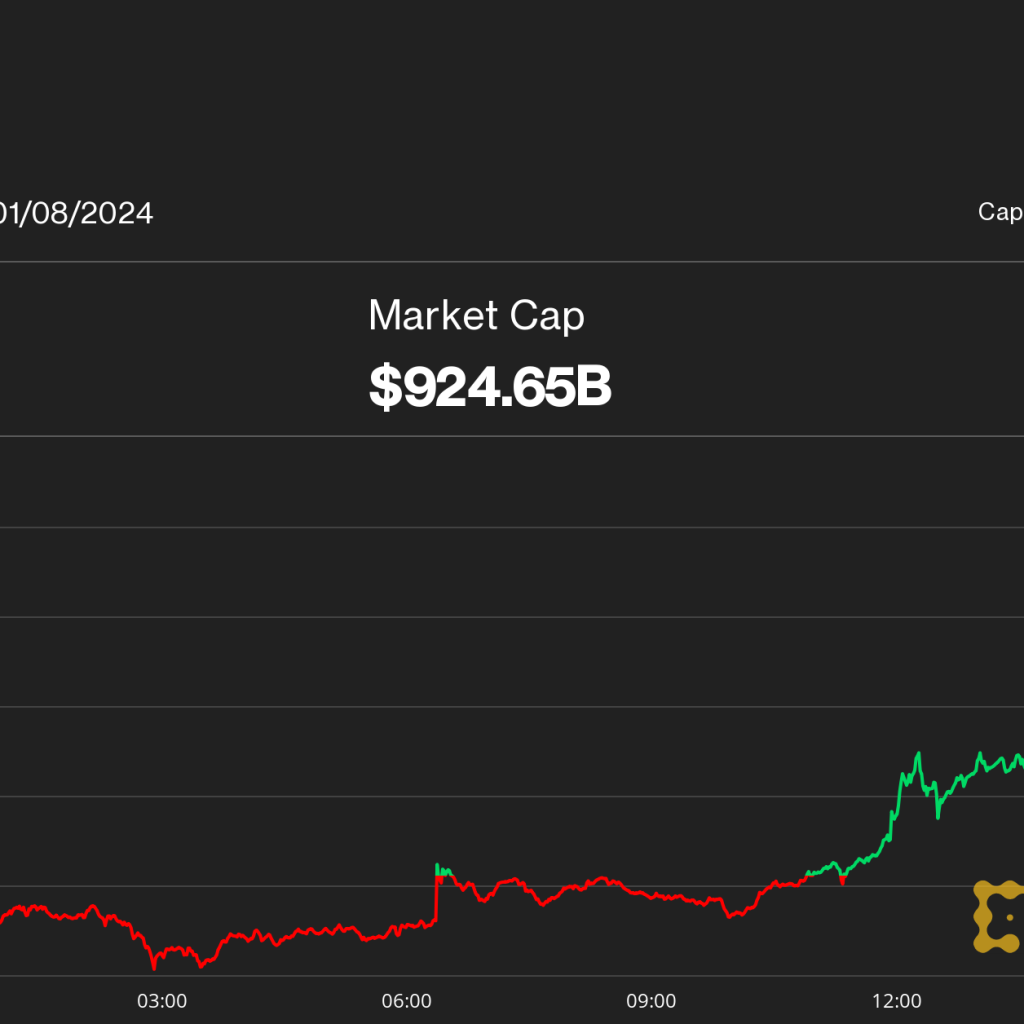Reports tell us that the New York Community Bank (NYCB) has been chatting up non-bank players interested in buying some of their loans. They’re also teasing us with a new business strategy set to drop next month, says the new boss. In the meantime, they cut their income again and let it slip that their savings have dropped by 7%, so let’s not get too excited. Their stock did go up by 7% last Thursday, even though things have been pretty unstable lately, making everyone expect a crash.
Joseph Otting, fresh from his gig as Comptroller of the Currency under Trump, has taken the wheel as CEO. This move comes hot on the heels of a cool $1 billion thrown into the NYCB pot by some investors, with Steven Mnuchin, former Treasury Secretary, in the mix. Otting, alongside Non-Executive Chair Alessandro DiNello, promises a shiny new business plan is on the horizon. They claim they’ve been neck-deep in the bank’s books, taking a hard look at where the money’s flowing.
Otting feels pretty good about the bank’s cash situation, despite the rocky seas they’re navigating. It’s been a tough year for banks since Silicon Valley Bank and Signature Bank nosedived, sparking panic about the banking sector’s health. While some folks are clapping for the new funds and new management, others aren’t popping the champagne just yet, worrying that NYCB has a long road to recovery ahead.
Analysts aren’t all singing praises, with some dialing back their expectations for the stock post-deal announcement. The deal’s been a lifesaver for NYCB but at a cost, with investors snapping up shares and preferred stock at prices that have current shareholders wincing.
On the brighter side, NYCB is looking to get out of the tricky commercial real estate market, which has been a minefield of potential bad loans, especially with empty office spaces and high borrowing costs post-pandemic. Mnuchin, in a chat with CNBC, mentioned he’s had his eye on the bank for a while, even considering a merge back when he was chairing OneWest Bank.
However, top brass at NYCB kept mum about which bits of their portfolio they might sell off to lessen their commercial real estate headache and bring in some extra cash. The bank’s recent surprise loss and slashing of its dividend by 70% in January didn’t help their stock, which took another hit last week after admitting to some serious internal control issues.
As for the cash in the bank, NYCB reported having $77.2 billion in the kitty as of early March, down from $83 billion a month earlier, with a chunk of that being uninsured deposits. But, they assure us, they’ve got the liquidity to back up their deposit insurance promises.
Some people got jittery and started lining up to pull their money after rumors swirled about NYCB looking for cash, but the bank says things settled down after they put out a press release. They’ve also trimmed their quarterly dividend down to a mere cent per share, a steep drop from the 5 cents announced in January.
Otting, now the third CEO in a short span, has a history of turning around troubled banks. However, some think his ties to the Office of the Comptroller of the Currency (OCC), which green-lit NYCB’s buying spree, might not be the badge of honor it seems.
NYCB’s recent acquisitions have ballooned its assets over $100 billion, putting them under stricter scrutiny. The OCC gave the thumbs up to their deal with Flagstar, even as other regulators were biting their nails.
Meanwhile, regulators are sounding the alarm that the number of troubled banks in the US has jumped, with NYCB’s woes highlighting ongoing concerns in the banking sector. The FDIC flagged an uptick in iffy US banks and noted rising delinquencies in credit card and commercial real estate loans.
NYCB, however, has managed to keep its head above water, with shares rising after its new leadership pledged to diversify away from risky loans. Otting and Mnuchin have a track record of fixing up distressed lenders, having previously resurrected IndyMac.
The recent capital boost, while diluting value for current shareholders, has given NYCB a bit of breathing room. With shares still significantly down this year, the journey to stability appears long and fraught with hurdles.
The FDIC, without naming names, suggests that small and mid-sized lenders are feeling the heat, with the total assets of problem banks at the end of last year being a mere drop in the banking sector bucket.
NYCB’s recent troubles and significant deposit loss have sparked fears, but experts like Sheila Bair, former FDIC chair, reassure that the recent capital influx has pulled the bank back from the brink.
Bank failures have been in the news a lot lately after Silicon Valley Bank and Signature Bank went out of business. This has made people worry that more banks might fail as the economy gets worse. But officials and professionals in the field stress that most savings are safe because they are backed by FDIC insurance. They also tell customers and small companies to stay educated and be careful.






